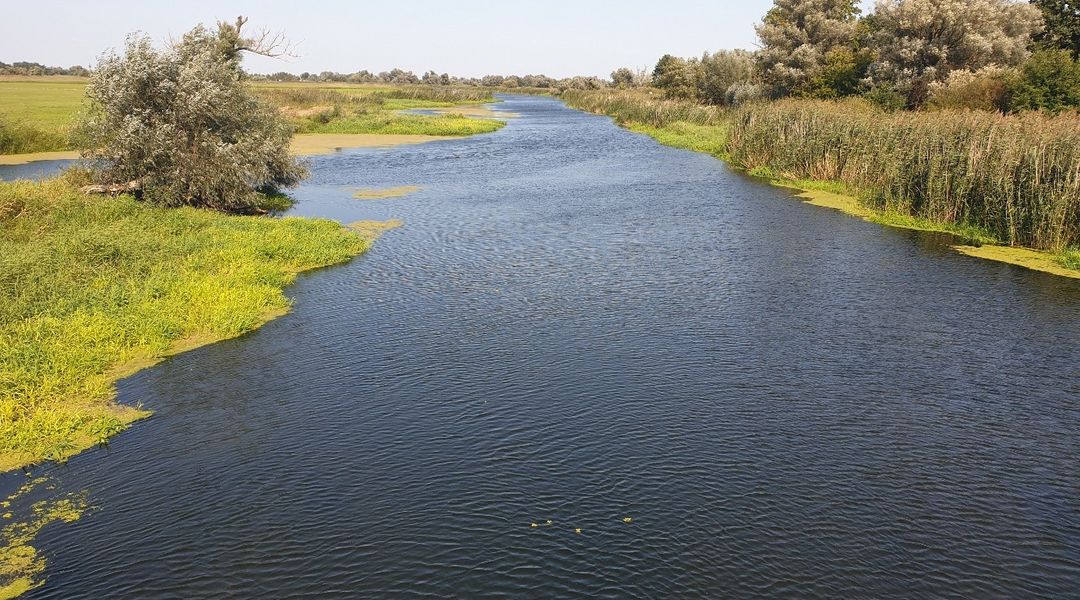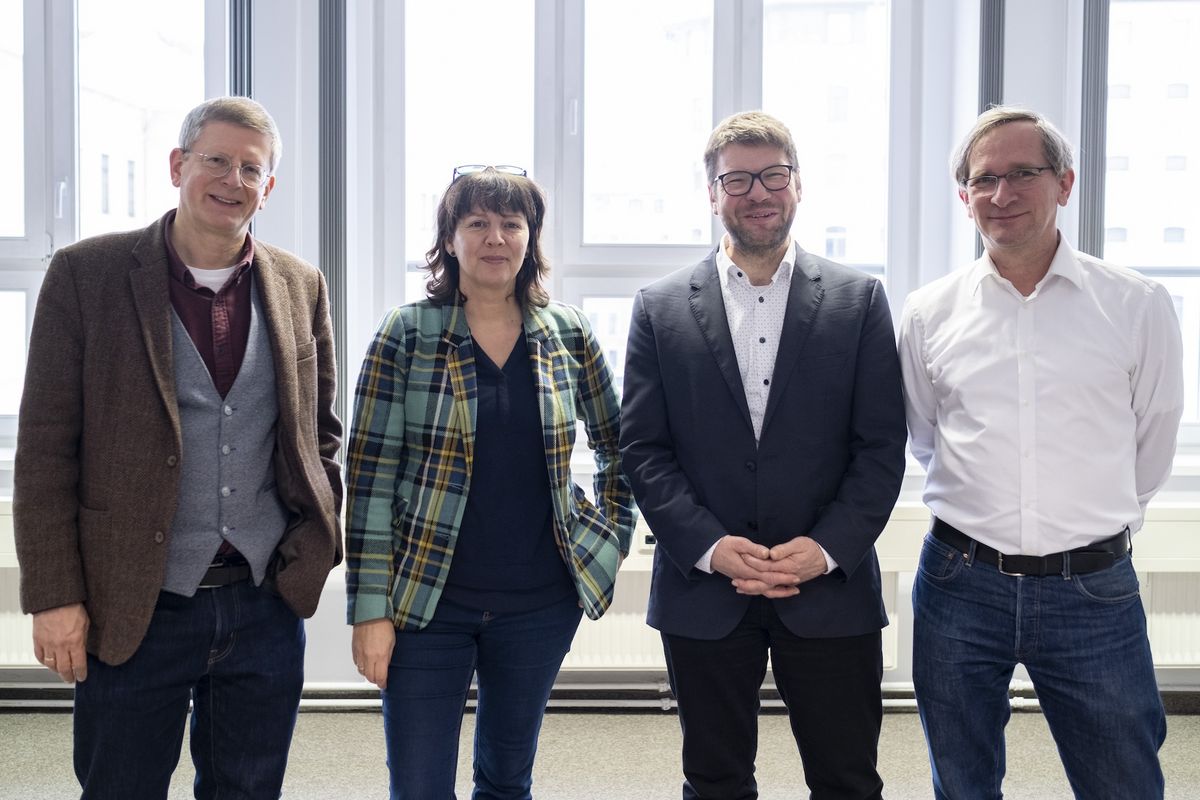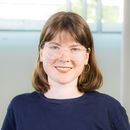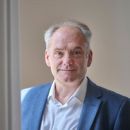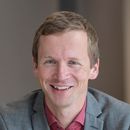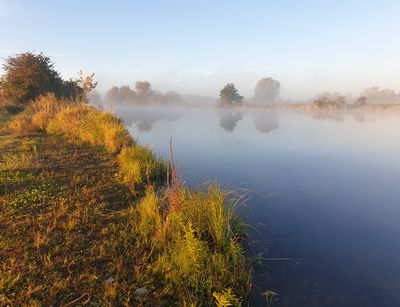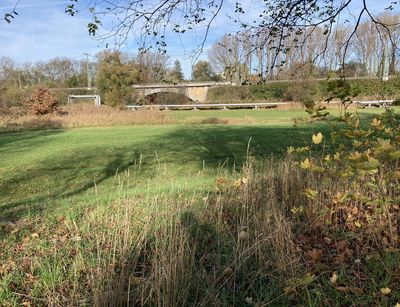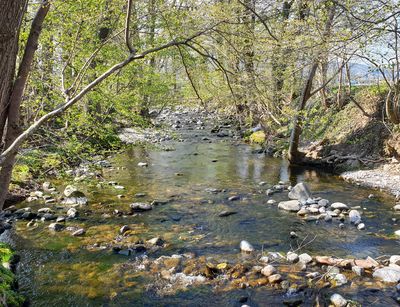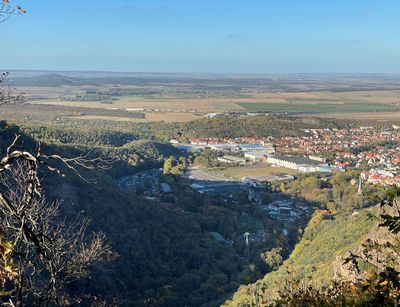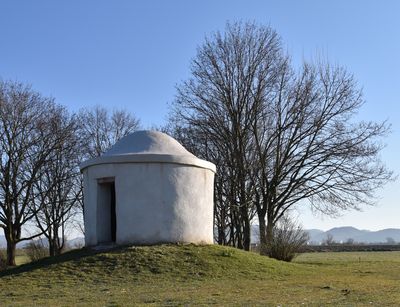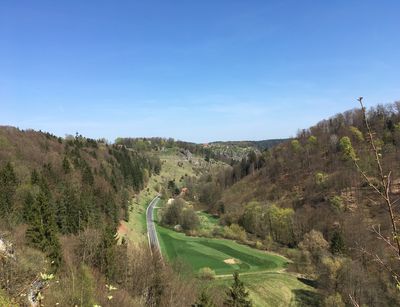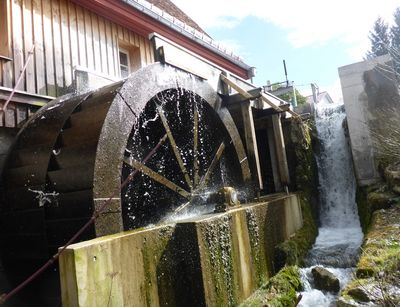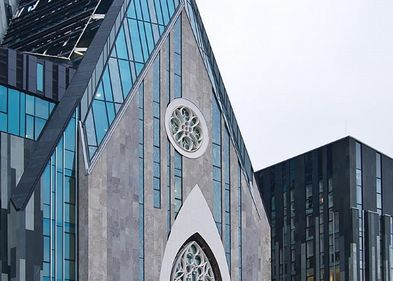
spp 2361 fluvial anthroposphere
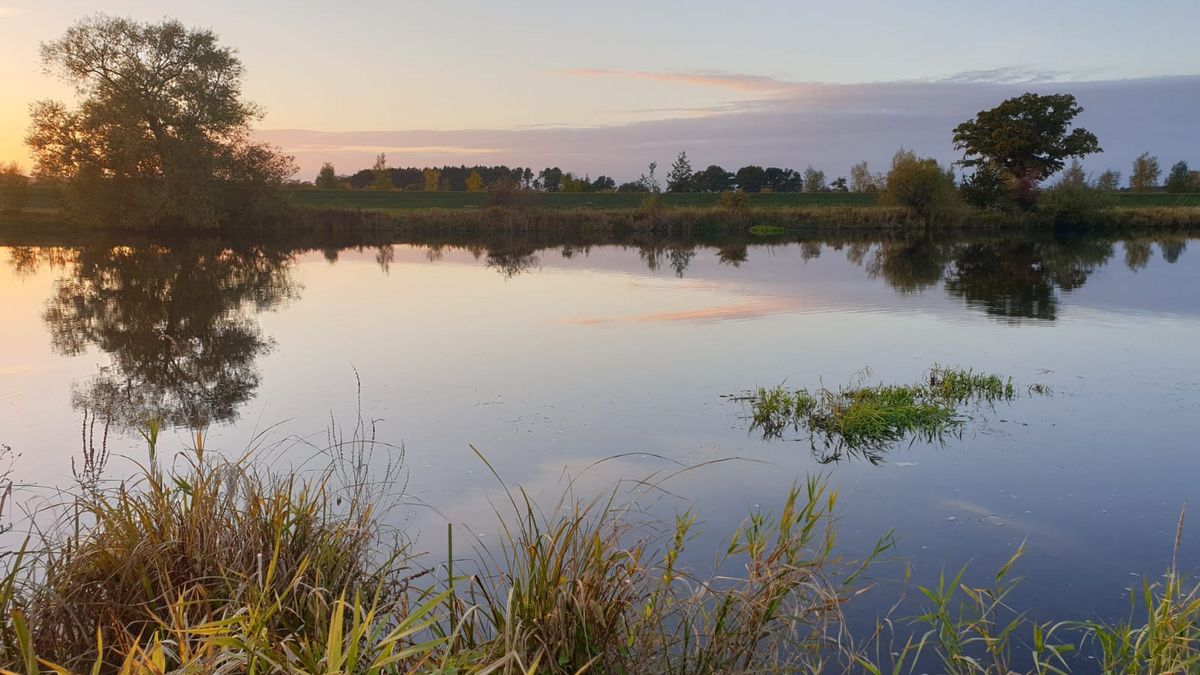
On the Way to The Fluvial Anthroposphere
Introducing the Priority Programme
News

Workshop Archaeoparasitology
Beginners' workshop on the virtual research environment
First plenary meeting of interdisciplinary research on floodplain history and fluvial societies
SPP 2361 PhD student and early career scientists meeting 2023
Researchers investigate urban-fluvial symbiosis in a long-term perspective
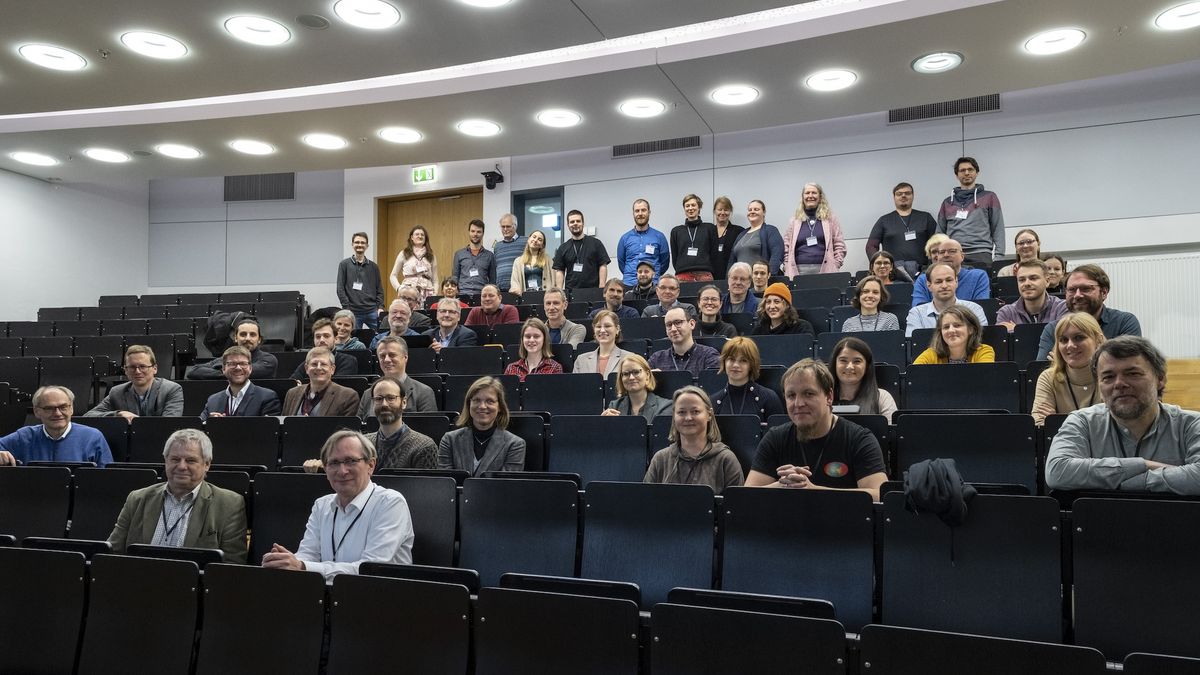
On the Way to the Fluvial Anthroposphere
Insights into the research project at the first plenary meeting of the DFG Priority Programme
The Committee
The committee is a coordinating team of experts, which is multidisciplinary composed. The members contribute their diverse expertise and experience from the fields of archaeology, history and physical geography to drive forward the strategic direction and development of the of the Priority Programme.
Committee Members
I am fluvial geomorphologist, paleosol scientist and geoarchaeologist with a strong focus on the reconstruction of Holocene floodplain dynamics. I am familiar with the concepts of fragile landscapes and Holocene Rapid Climate Changes, with conducting geochemical approaches using elements as sediment provenance proxies and with geophysical prospection techniques in fluvial geoarchaeology. During the last decade and in cooperation with Lukas Werther and Natascha Mehler, I have been principal investigator of geoarchaeological research projects with a particular spatial focus on floodplains and wetlands in Central Europe.
I am a medieval and post-medieval (historical) archaeologist and work in the fields of maritime archaeology, landscape archaeology, and material culture studies. I am putting much effort into advancing historical archaeology in Central Europe which is still relatively underdeveloped in Germany. In this context, I was recently presented the John L. Cotter Award in Historical Archaeology (U.S.A.) as the first European ever.
I am professor of Medieval History at Technical University of Darmstadt. My research is on environmental and climate history with a special focus on historical disaster research and the history of infrastructure, mainly of waterways. The spatial focus is on Central Europe and Italy, the temporal focus on the late Middle Ages and Early Modern times. I contribute an expertise in discourse analysis of different actor groups on the interdependencies between politics, society and nature. I have interests in comparative history, digital humanities and exhibitions.
I am archaeologist specialized in medieval and post-medieval archaeology as well as historical geography. I am Principal Investigator and Co-Investigator of ongoing multidisciplinary DFG research projects on the floodplain history and and evolution in Central Europe. As part of previous DFG Priority Programme 1630 “Harbours from the Roman Period to the Middle Ages“, in which I have collaborated with Christoph Zielhofer and Natascha Mehler, I was co-applicant of a project on inland navigation on rivers and lakes in France and Germany. I led the archaeological part of at the Fossa Carolina project (2012-2018) and I am an expert in digital humanities, GIS modelling and dendroarchaeology.
Coordinating team
As part of the Priority Programme, the coordination of activities and cross-project synthesis play a key role in the overall objectives of the network. Together, the coordinating team and the committee manage the implementation of management tasks in five areas of responsibility:
- General administrative and organisational issues
- Scientific management of the Priority Programme
- Operation and technical development of the Virtual Research Environment
- Scientific development of data-based synthesis
- Public relations and communication strategy
The Team
The Advisory Board
The coordination office aims to regularly invite international early career and senior researchers of excellence to the plenary meetings. The goal is to stimulate scientific discussions, the conceptual involvement of international experts in adjusting the overarching research strategies, but also potential scientific cooperation with the researchers of the sub-projects.
The international Advisory Board is particularly important here. The Advisory Board will further provide support on questions relating to the intensification of scientific topics with international relevance, international network formation, open access publication strategies, gender issues and the support of early career scientists. The composition of our Advisory Board stands for multidisciplinarity and internationality.
Advisory Board Members
Projects
Seven sub-projects are researching throughout Germany and internationally as part of the Priority Programme.
The Virtual Research Environment
The Spacialist virtual research environment is intended to ensure standardised data collection and evaluation within the Priority Programme as well as options for long-term archiving and future reuse of the generated research data.
